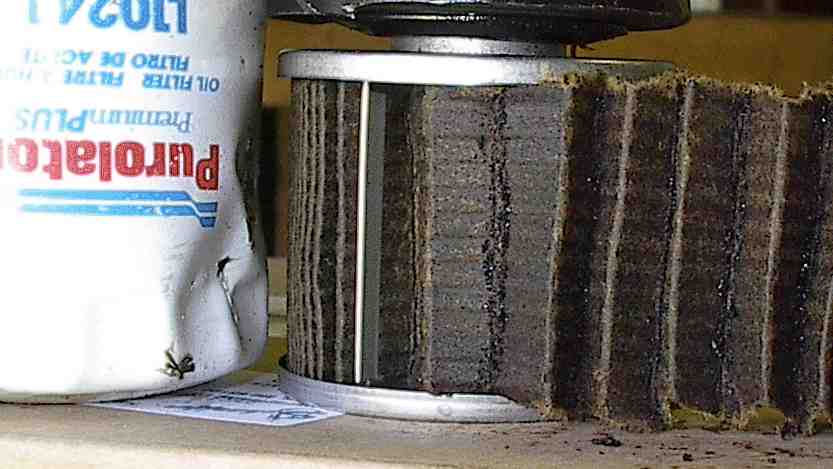I agree the open forum is the best place to discuss these issues and air them out. The key is don't just read one comment or commentator and stop there. Keep an open mind and realize this board is different than any other, competitors are allowed to post really good info here for all to see and consider. Anyone who sells a particular product is going to be biased that way just understand that.
The only limit I have on myself and in answering questions is the proprietary data that I am restricted by secrecy or other agreements when I test a product or chemistry for hire. Usually if I get quiet or seem stupid all the sudden it is because of that.
Sometimes I'm just stupid !

The only limit I have on myself and in answering questions is the proprietary data that I am restricted by secrecy or other agreements when I test a product or chemistry for hire. Usually if I get quiet or seem stupid all the sudden it is because of that.
Sometimes I'm just stupid !




